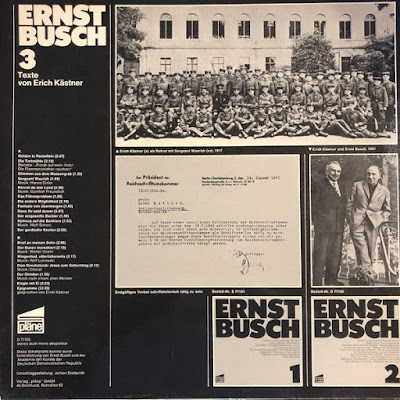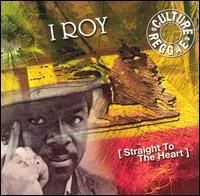Ray Charles was the musician most responsible for developing soul music. Singers like Sam Cooke and Jackie Wilson also did a great deal to pioneer the form, but Charles did even more to devise a new form of black pop by merging '50s R&B with gospel-powered vocals, adding plenty of flavor from contemporary jazz, blues, and (in the '60s) country. Then there was his singing; his style was among the most emotional and easily identifiable of any 20th century performer, up there with the likes of Elvis and Billie Holiday. He was also a superb keyboard player, arranger, and bandleader. The brilliance of his 1950s and '60s work, however, can't obscure the fact that he made few classic tracks after the mid-'60s, though he recorded often and performed until the year before his death.
For his appearance at the Newport Jazz Festival on July 5, 1958, Ray Charles pulled out all the stops, performing raucous versions of "The Right Time," "I Got a Woman," and "Talkin' 'Bout You."
Tracks:
01. The Right Time (N. Brown, O. Cadena, L. Herman)
02. In A Little Spanish Town (M. Wayne, S. Lewis, J. Young)
03. I Got A Woman (R. Charles)
04. Blues Waltz (R. Charles)
05. Hot Rod (R. Charles)
06. Talkin' 'Bout You (R. Charles)
07. Sherry (B. R. Crawford Jr)
08. A Fool For You (R. Charles)
Ray Charles - At Newport (1958)
(320 kbps, cover art included)
For his appearance at the Newport Jazz Festival on July 5, 1958, Ray Charles pulled out all the stops, performing raucous versions of "The Right Time," "I Got a Woman," and "Talkin' 'Bout You."
Tracks:
01. The Right Time (N. Brown, O. Cadena, L. Herman)
02. In A Little Spanish Town (M. Wayne, S. Lewis, J. Young)
03. I Got A Woman (R. Charles)
04. Blues Waltz (R. Charles)
05. Hot Rod (R. Charles)
06. Talkin' 'Bout You (R. Charles)
07. Sherry (B. R. Crawford Jr)
08. A Fool For You (R. Charles)
Ray Charles - At Newport (1958)
(320 kbps, cover art included)














%2B-%2BBorderline%2BCases%2B-%2BFront.jpg)









